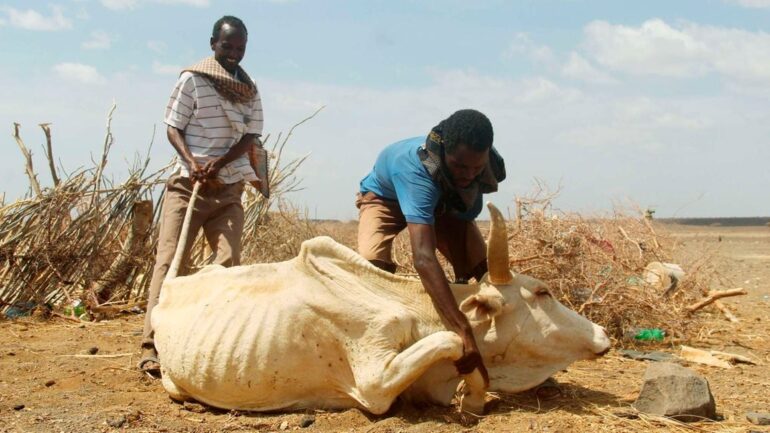East Africa faces a daunting task in mobilising resources to deal with climate change-related shocks including erratic weather — prolonged drought that fuels food insecurity and flooding leading to loss of life and internal displacement.
Recent estimates by the Intergovernmental Authority on Development (IGAD) show the region needs at least $4.02 billion to implement climate change resilience and mitigation programmes.
The immediate challenge facing countries now is how to raise the billions required to implement the Nationally Determined Contributions (NDCs), which are at the heart of the Paris Agreement. NDCs contain efforts by each country to reduce national emissions and adapt to the impacts of climate change.
Financing options are limited for regional governments which are already choking on debt with the average debt to GDP ratio across the region rising sharply to over 50 percent over the last three years.
Concessional IMF funding
In Africa, Rwanda is set to become the first country to access concessional funding from the IMF under its Resilience and Sustainability Facility (RSF) to finance its climate action projects needs $11 billion by 2030, of which $6.9 billion is conditional on new financing. It amounts to spending 8.8 per cent of the country’s GDP each year through 2030.

